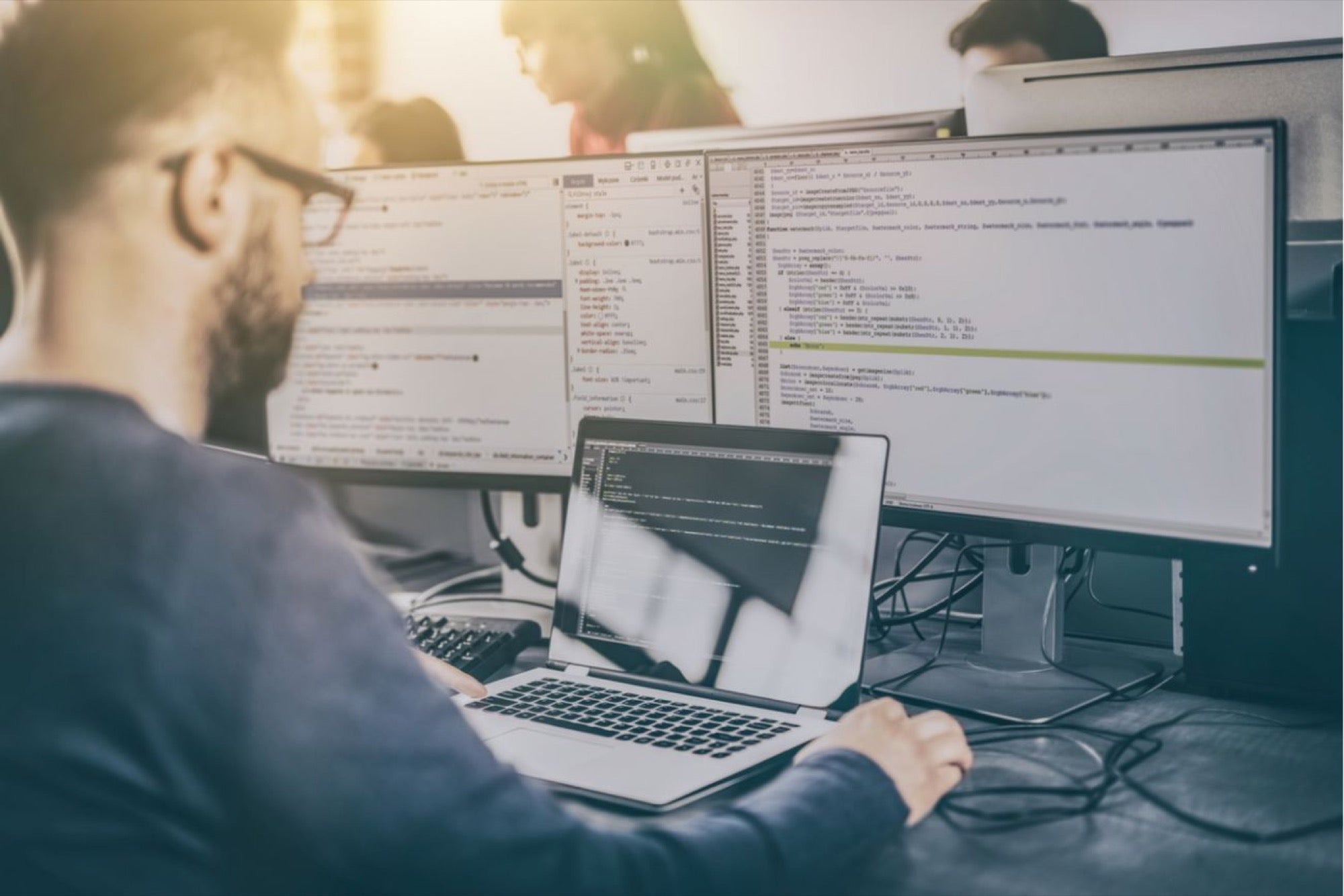How Artificial Intelligence can Damage Your Corporate Culture People who are very excited about artificial intelligence often use the word "disruption",but what might happen is actually destruction from which there is no way back
Opinions expressed by Entrepreneur contributors are their own.
You're reading Entrepreneur India, an international franchise of Entrepreneur Media.

Artificial Intelligence is a hot topics among leaders in most companies these days. There seems to be a fierce race towards getting ahead of the game without many people asking why?
Some of the most common arguments for using artificial intelligence is that it reduces or eliminates human errors. But have we thought about the side effects? Why are we humans so eager to make ourselves redundant? Is it really the only thing we live for - being effective?
In Gugin we have seen an increasing number of requests from clients around the world, who are concerned about how their organisations are responding to the introduction of artificial intelligence in various areas. These concerns make a lot of sense to us as corporate culture consultants because there are a number of unresolved issues.
A lot of people fear that artificial intelligence will make them redundant. We know that a lot of entry-level jobs in law firms and auditing companies have already disappeared.
How will it affect the company culture, when the hero is no longer a person but a computer? It might sound irrelevant, but we need heroes in all cultures - also in corporate cultures.
How do we tackle situations where highly esteemed senior employees are overruled by a computer.
How does artificial intelligence influence people's level of motivation? We know from some preliminary research we have conducted in Gugin Research Unit that it has a negative effect. "Why should I work hard to become better when I - in the end will lose to a computer"?
Artificial intelligence elevates the stress level in the organisation. That leads to de-motivated employees, more sick leave and lower productivity.
The Artificial Intelligence area is developing very fast. We know very little about the impact it has on us humans, the groups and cultures we belong to.
And there are all the ethical questions I won't touch in this article despite they take the most time when I am doing speeches on this topic
Does it really matter that we destroy the old company culture?
Yes it does! A culture - any culture - has some very unique functions.
It gives us a reason for being. Having something together with other people is crucial for our well-being.
We trust people from the same culture more than people from other cultures.
We define ourselves by the cultures we belong to. If you ask a person at an even what he or she is doing it is very likely he or she will tell you what he or she does professionally. That is because the job mean a lot to him or her.
We respect the hierarchy in the cultures we are members of, because they are perceived fair in that particular cultural setting.
Artificial will most likely change that
People who are very excited about artificial intelligence often use the word "disruption". But what might happen is actually destruction from which there is no way back.
Reason for being, which comes from the French "raison d'être" is defined as "the sole or ultimate purpose of something or someone". If we lose that and we give up we will give all the power to the robots, augmented reality and artificial intelligence. And at that time it has become really intelligent. So intelligent that it may conclude that we, the human are no more than a liability and must be eradicated.
If we don't want that to happen we have the become far more critical than we are today and don't leave the decisions with the people who only see the technological possibilities.
In Gugin we already see the first signs among some of our clients that it has already gone too far too fast.











